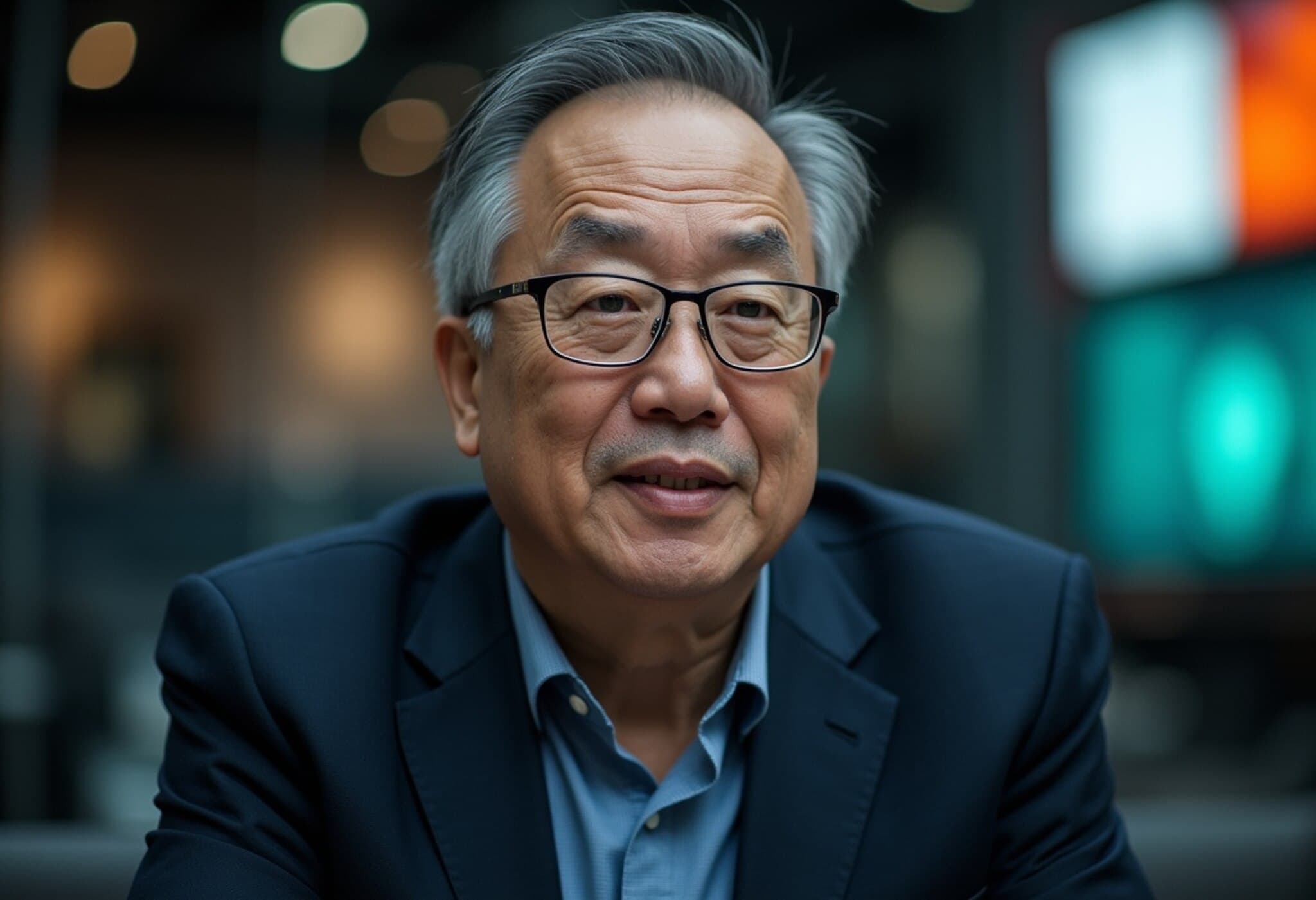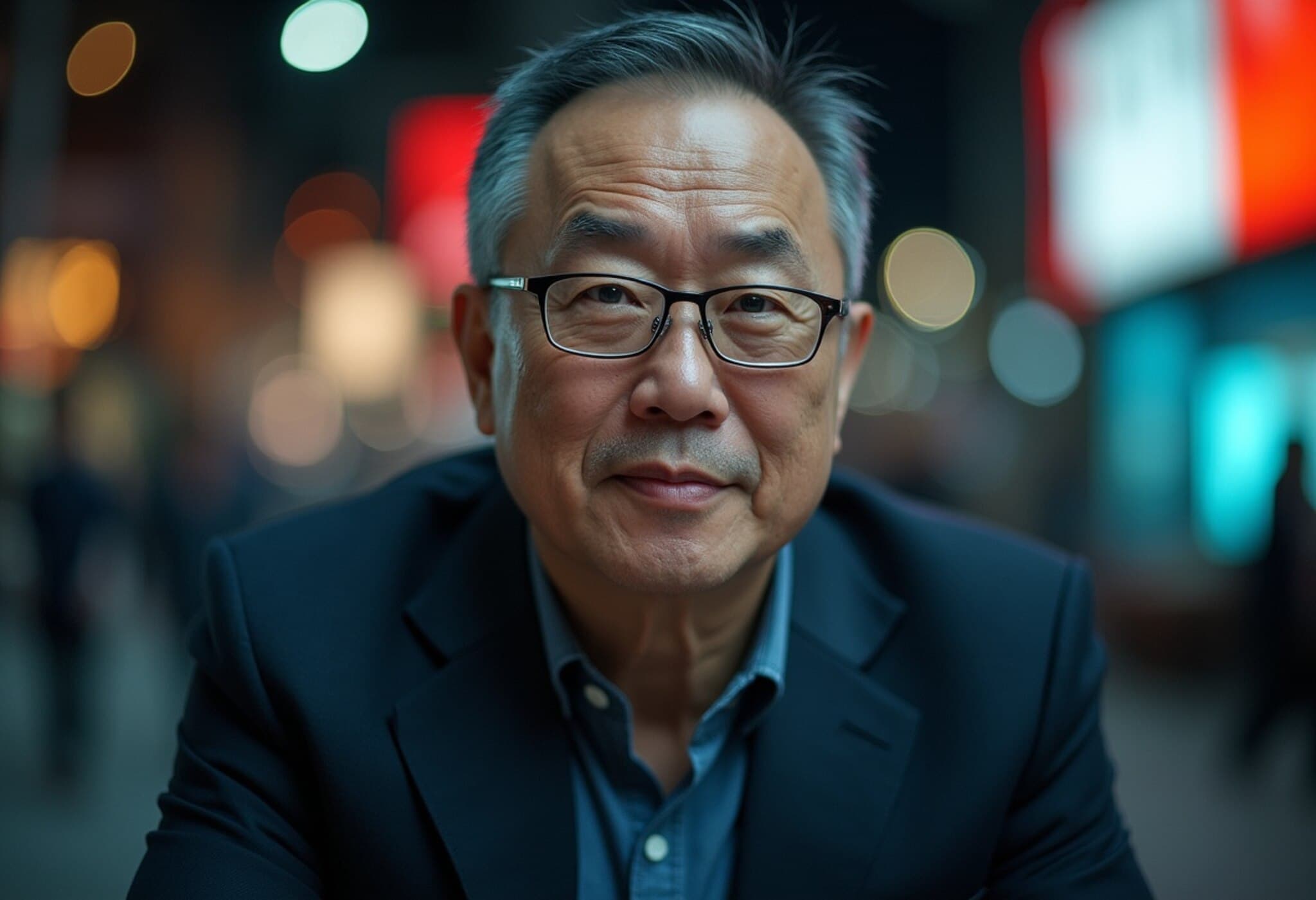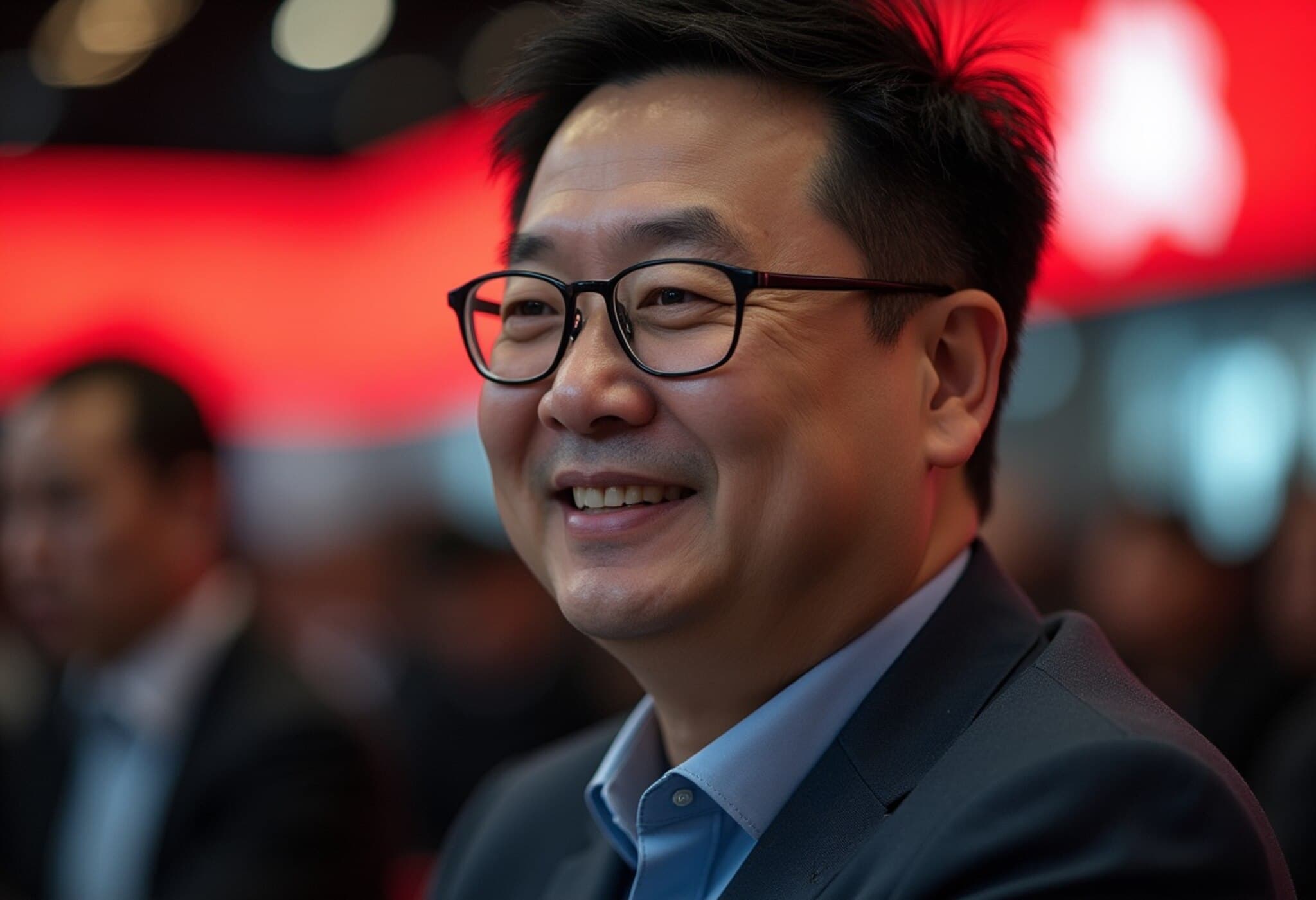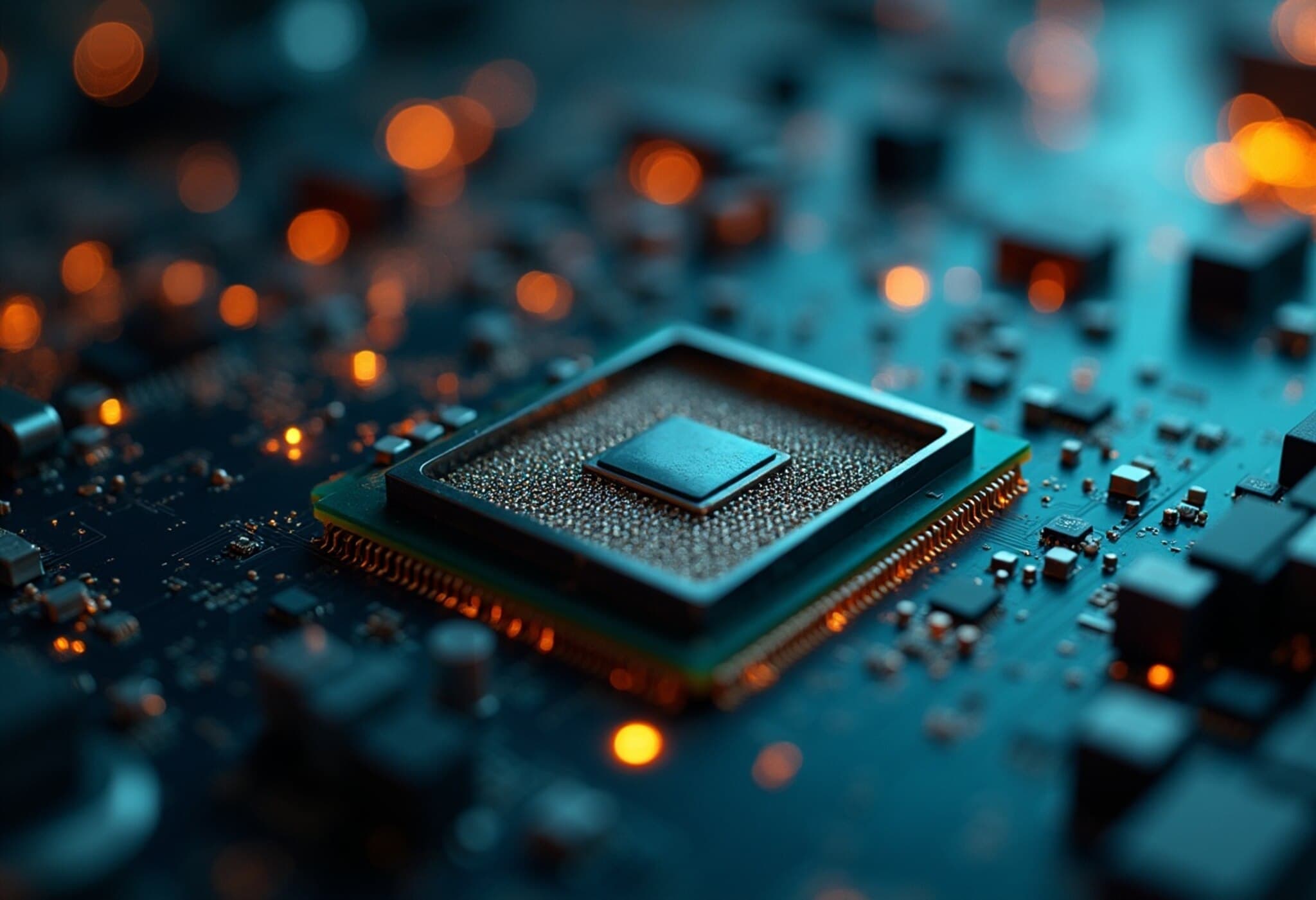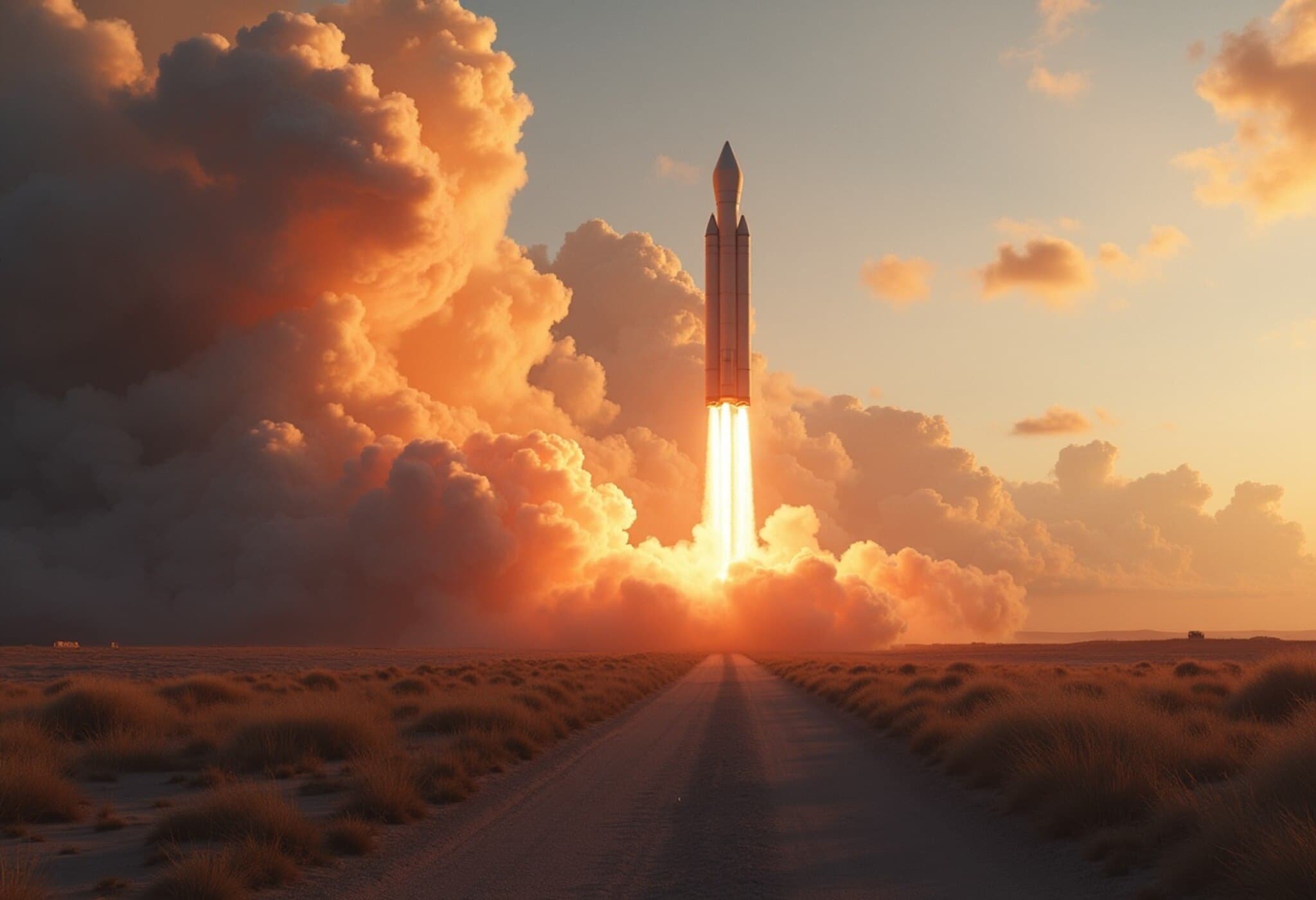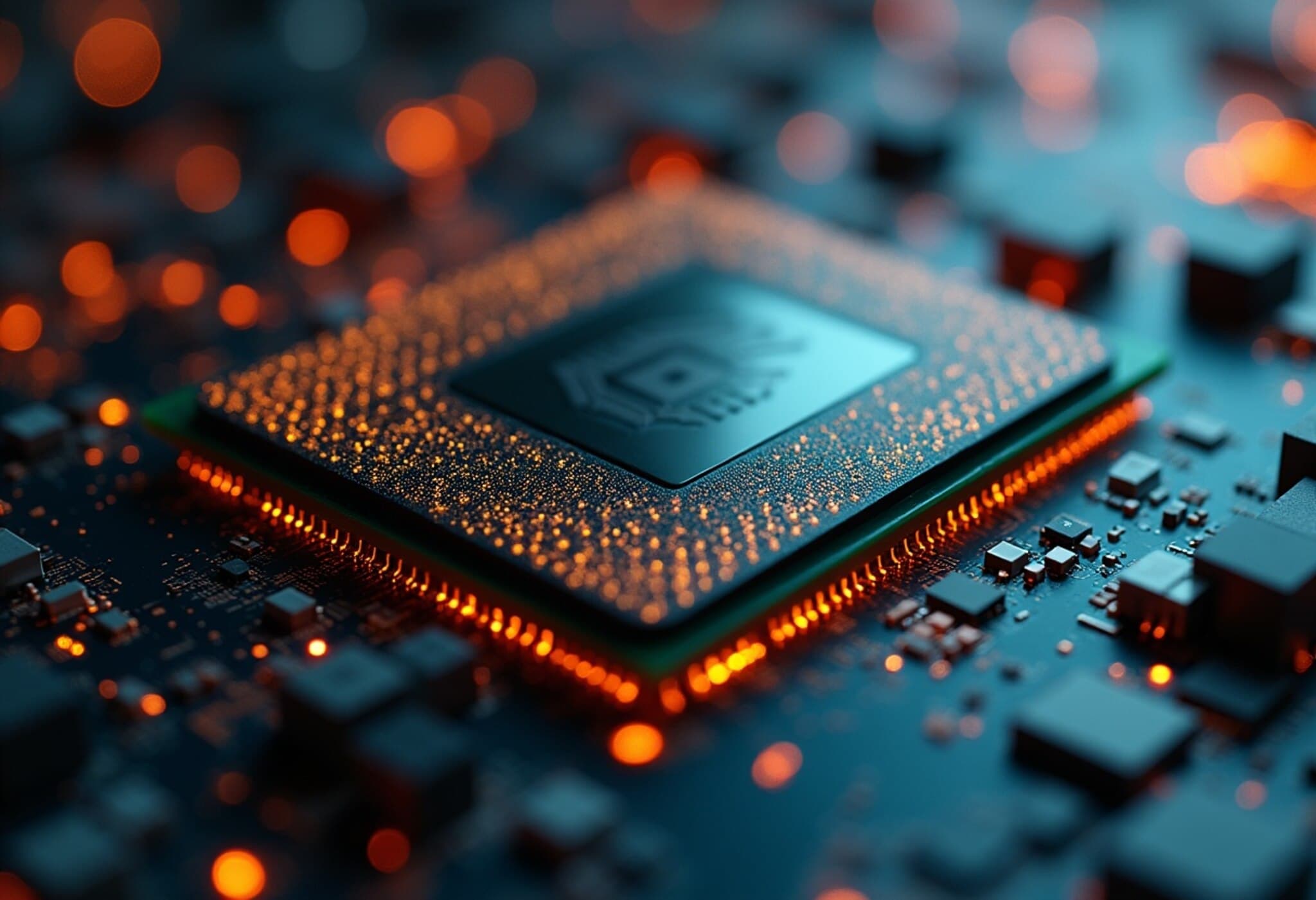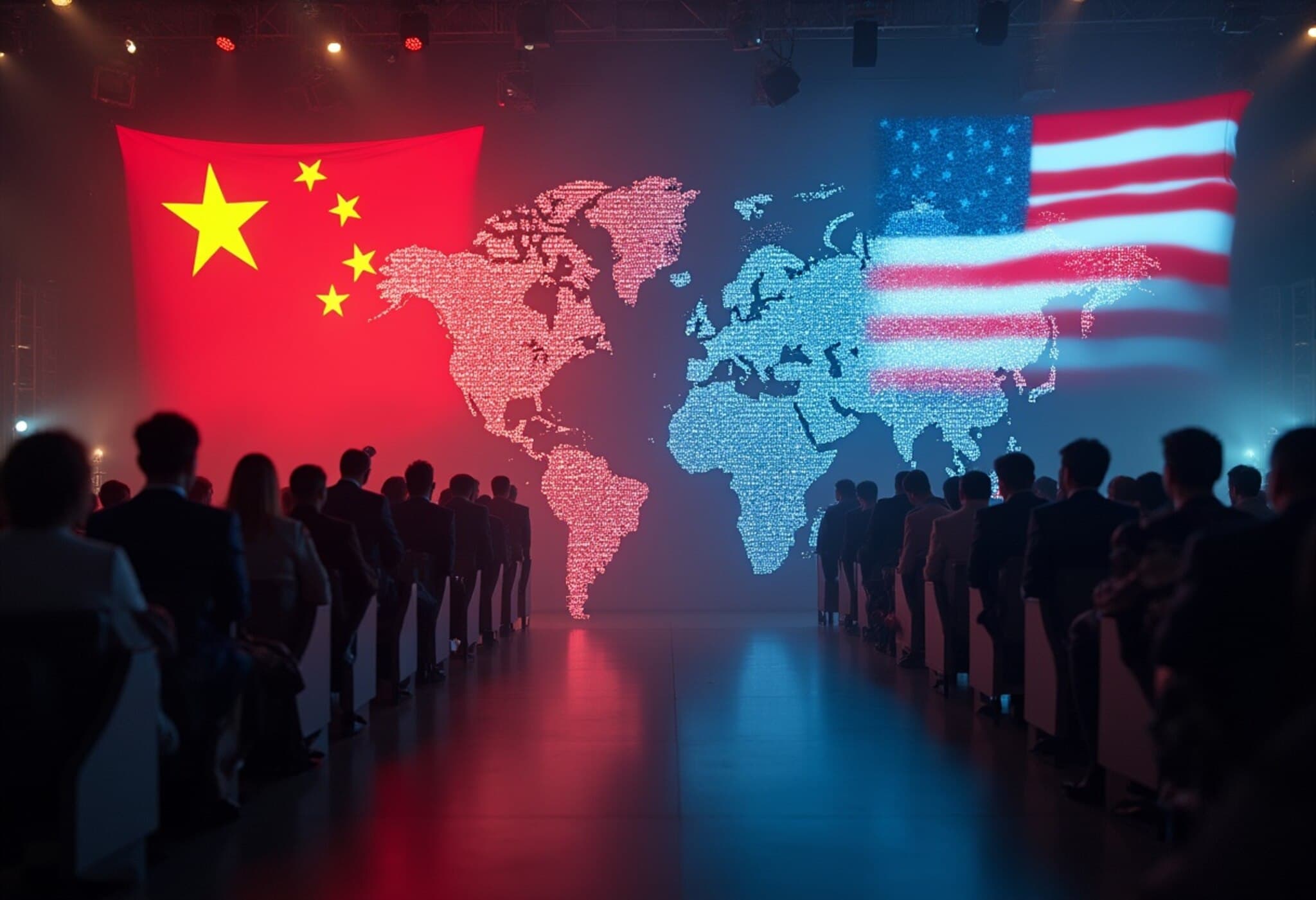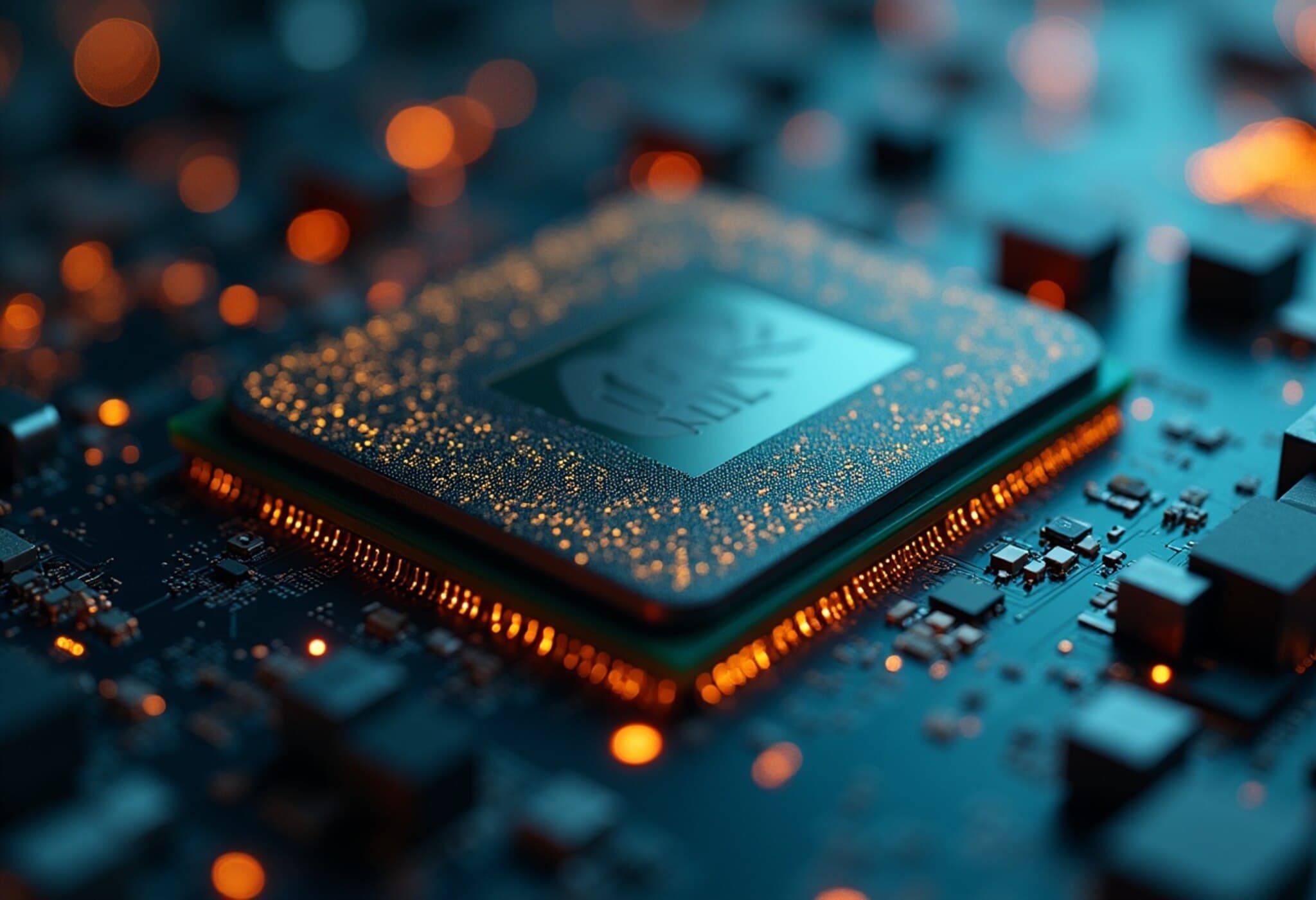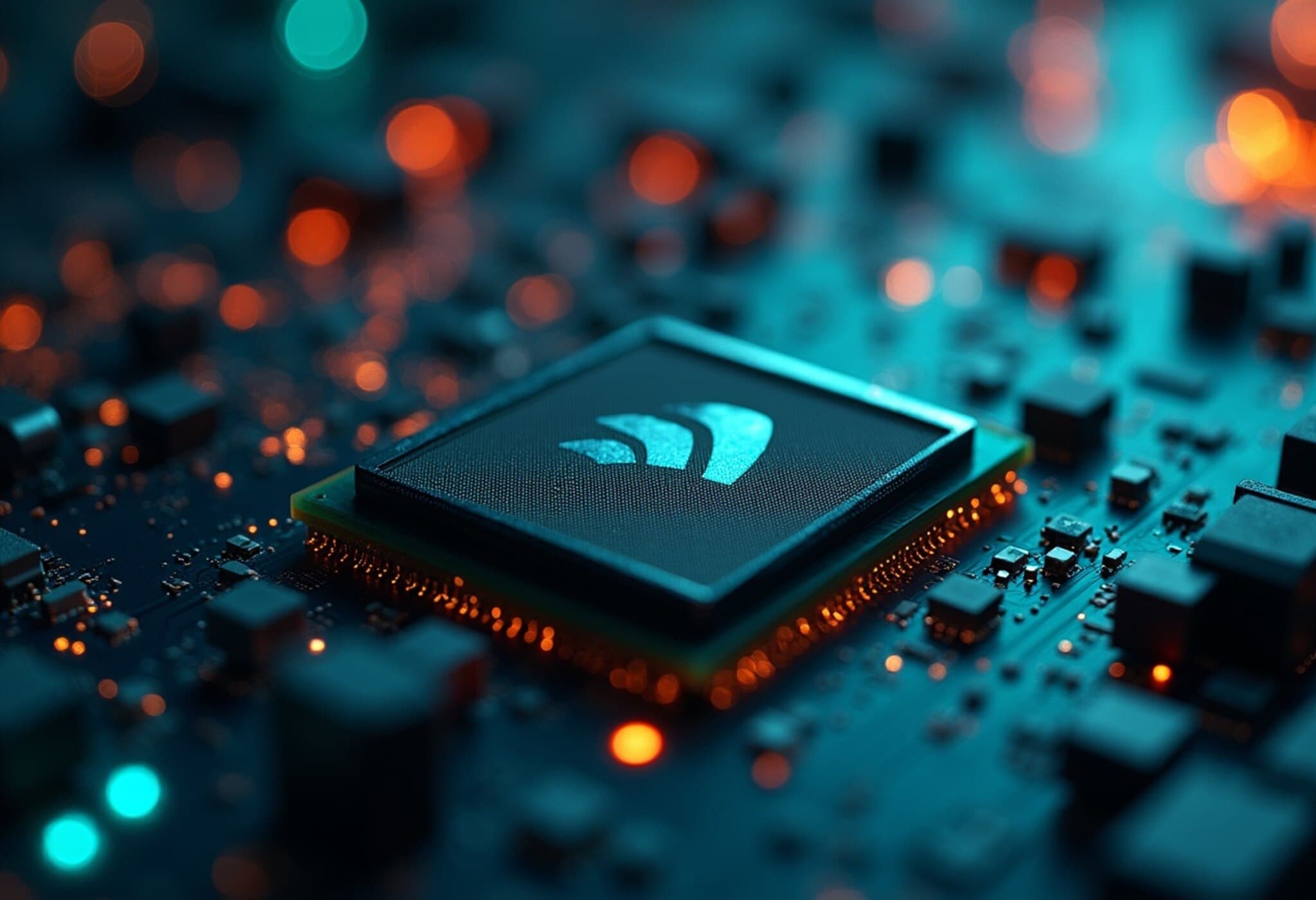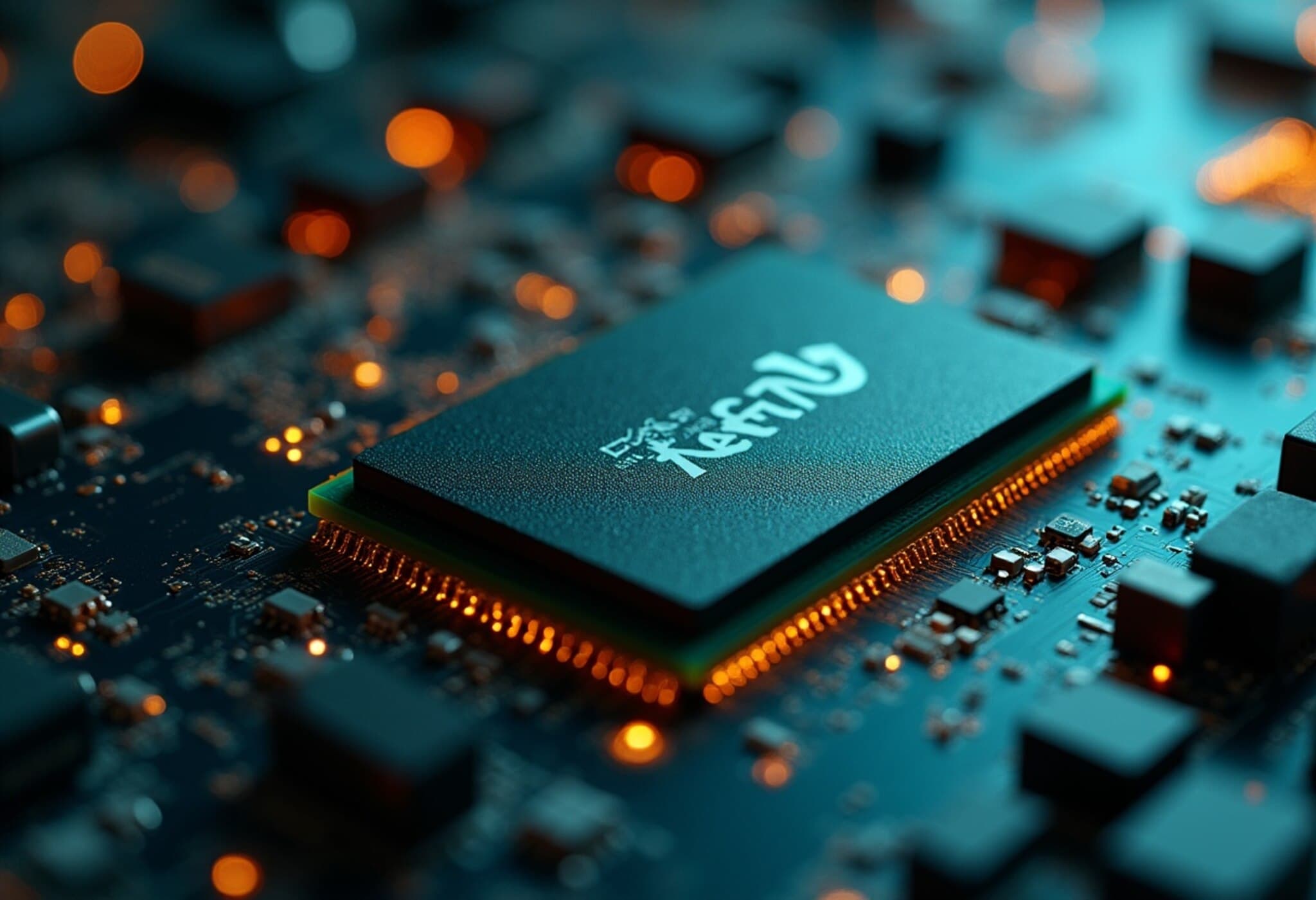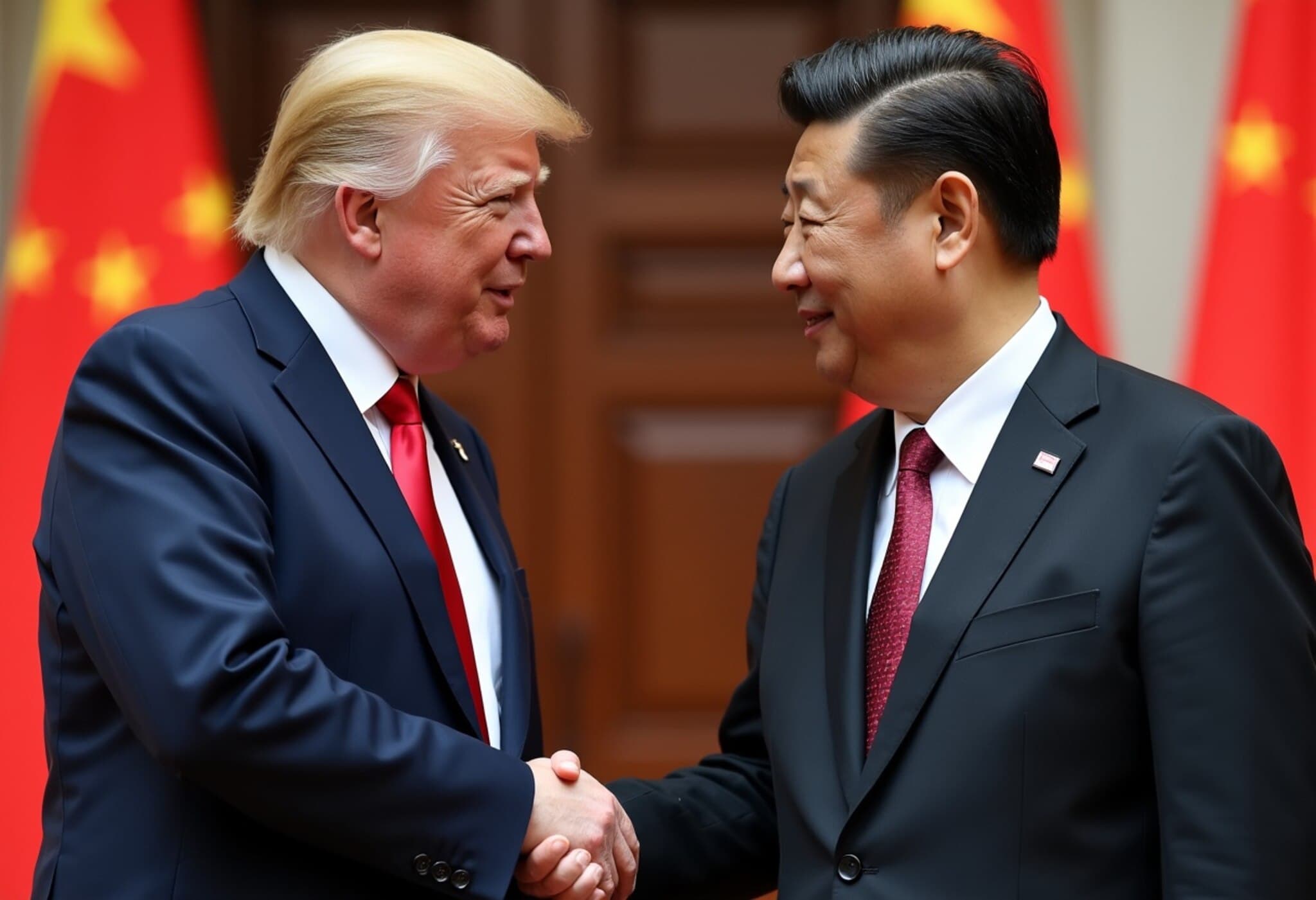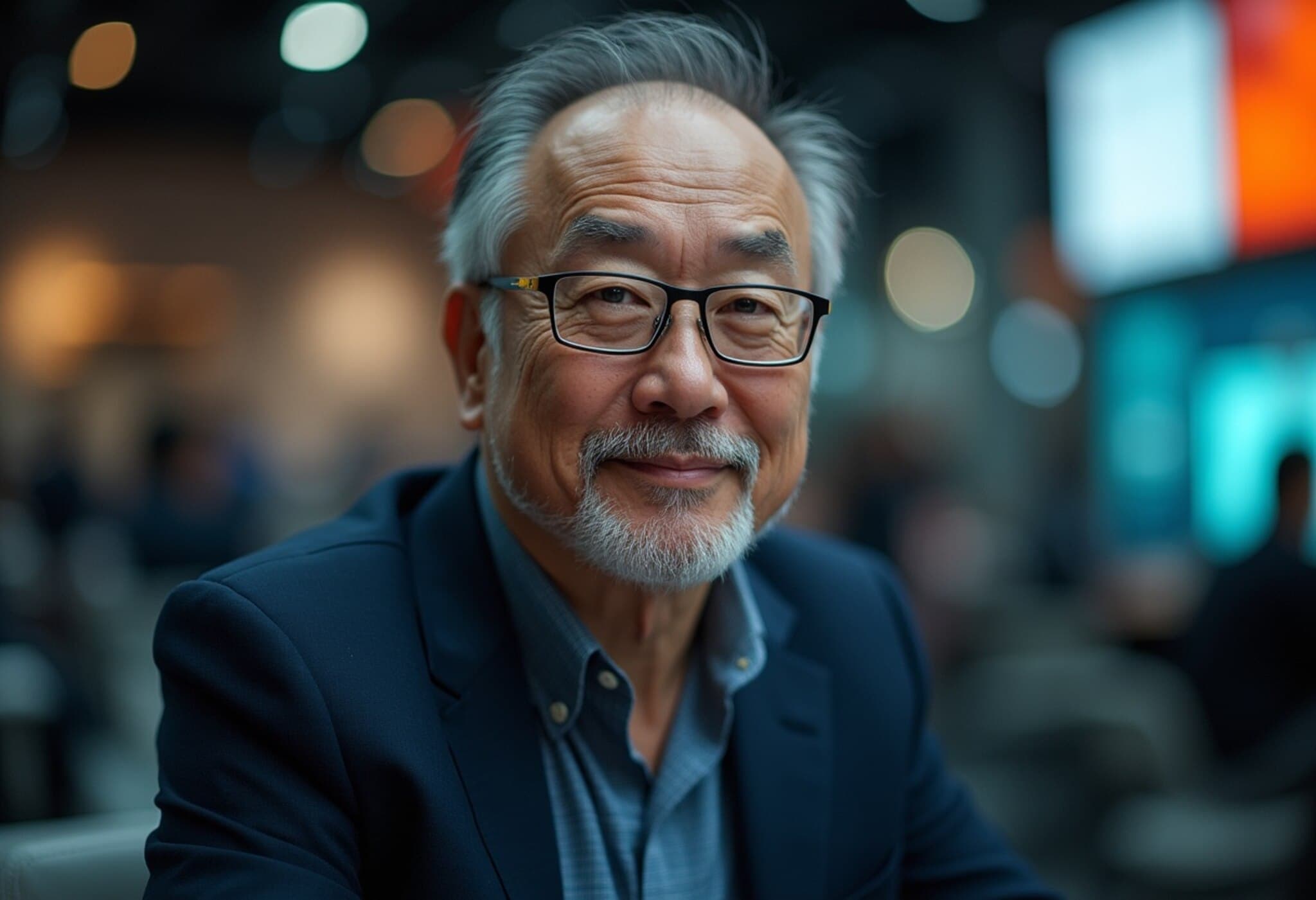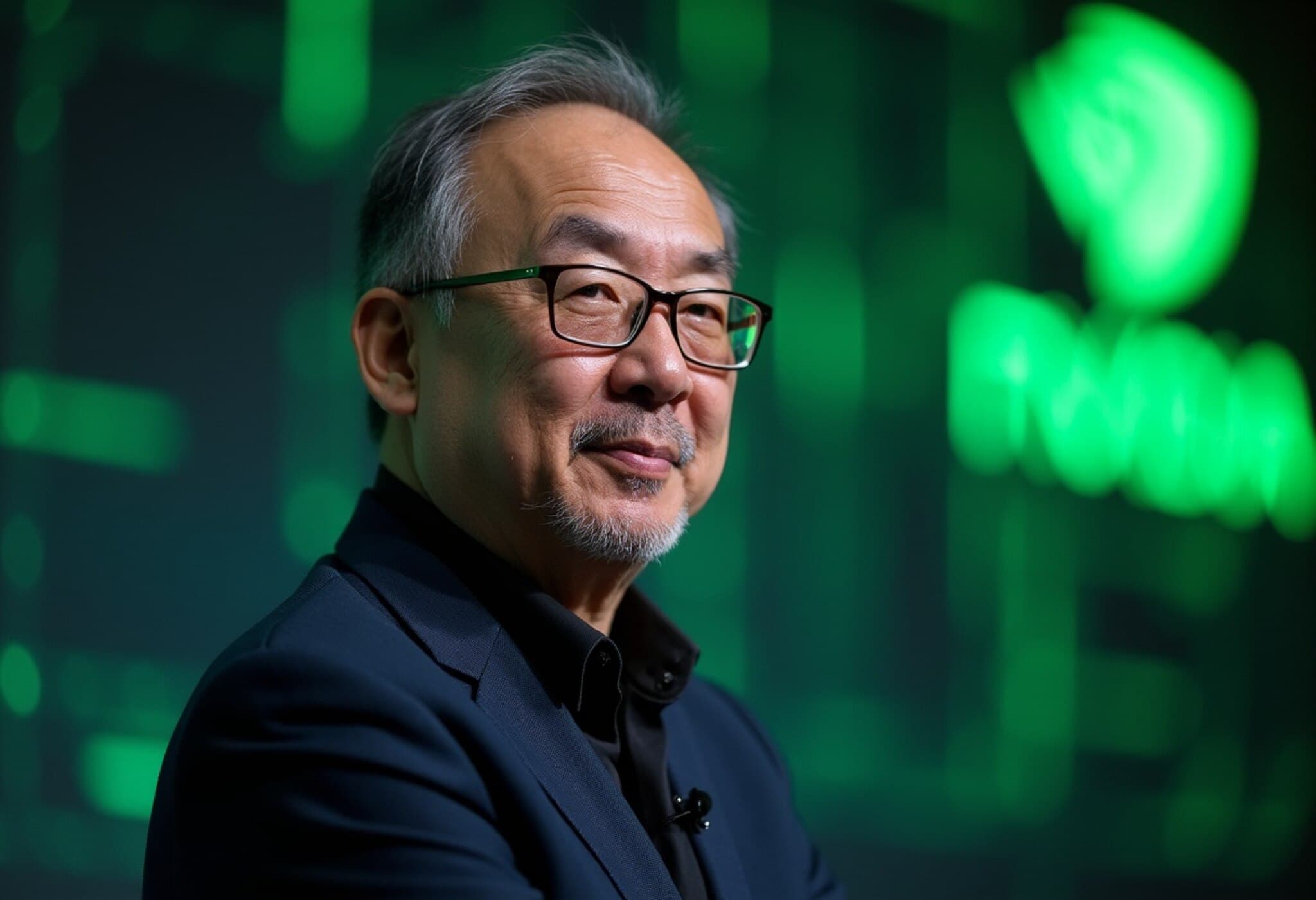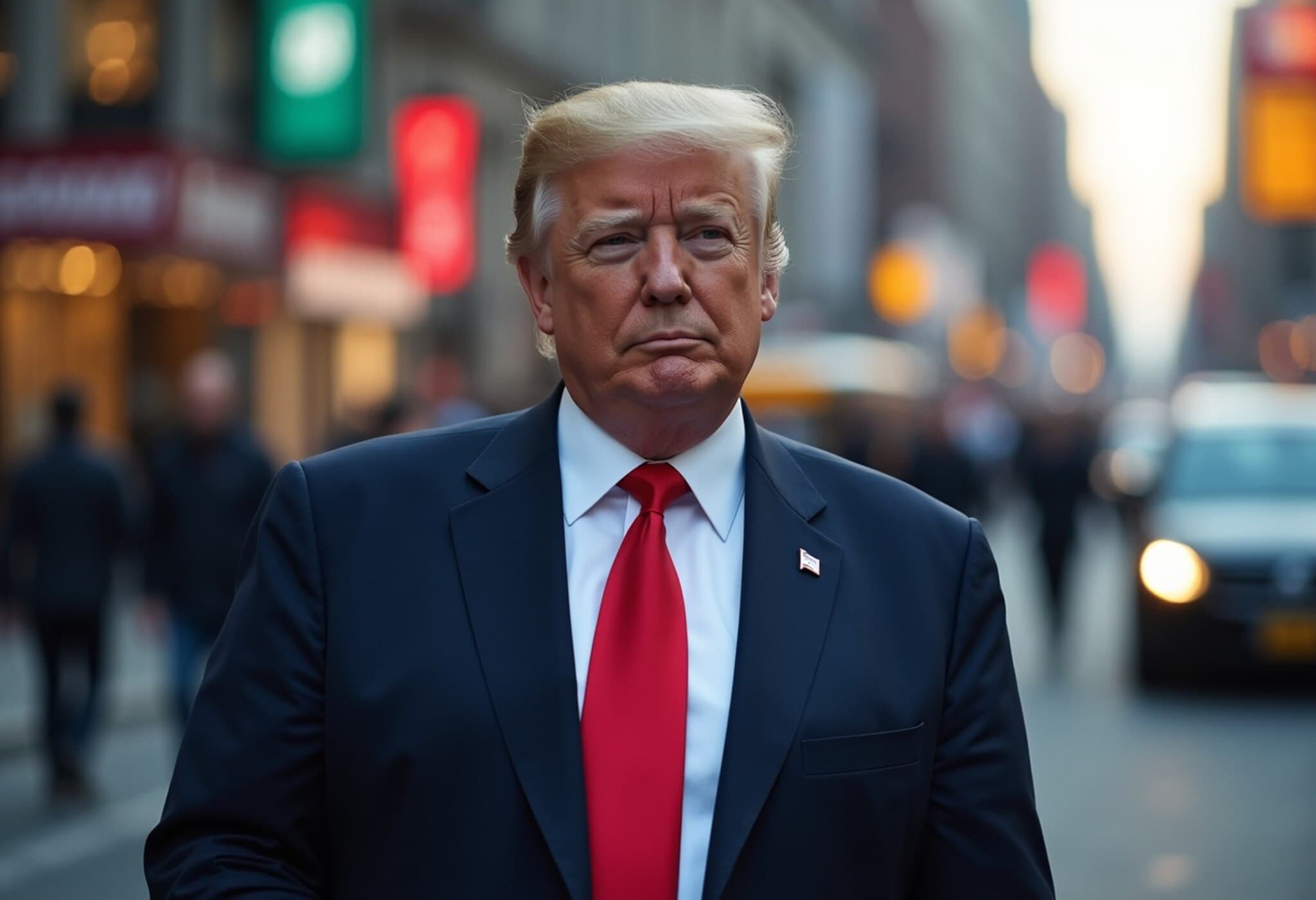Nvidia CEO Jensen Huang Responds to US Concerns on China Military Chip Use
In a candid interview with CNN aired in mid-July 2025, Nvidia CEO Jensen Huang addressed mounting US government apprehensions over Chinese military applications of Nvidia’s high-end artificial intelligence (AI) chips. Huang, a key figure in the global semiconductor industry, emphasized that China’s defense sectors do not fundamentally rely on Nvidia technology, effectively offering a clean chit to Beijing despite ongoing geopolitical tensions and export restrictions.
Challenging the Effectiveness of US Export Controls
US policymakers have for years implemented restrictions to prevent the sale of advanced AI chips—especially those capable of powering cutting-edge machine learning—to Chinese entities. This strategy aims to curb China’s potential military modernization and intelligence-gathering capabilities. However, Huang questioned the efficacy of these controls, describing them as "counterproductive" in maintaining US technological supremacy. “We want the American tech stack to be the global standard,” Huang explained, underscoring that nearly half of the world's AI developers reside in China.
He further noted that restricting access could isolate US technology from an enormous pool of AI innovation, potentially allowing Chinese-developed alternatives to flourish outside US influence. Huang’s position signals a nuanced but critical industry perspective in the broader debate over technological competition between Washington and Beijing.
Existing Chinese Computing Capacity and Military Independence
Addressing fears that Nvidia chips might be harnessed by the Chinese military or intelligence services, Huang confidently asserted that the Chinese defense apparatus already boasts sufficient computing resources to pursue its objectives independently. “They simply can’t rely on it,” he said, referring to Nvidia’s products. Huang reasoning implies that US restrictions might not significantly reduce Beijing’s technological capabilities as intended.
This stands in contrast to official US concerns highlighted by intelligence reports pointing to Chinese AI startups like DeepSeek utilizing Nvidia-based hardware for potentially sensitive applications. While acknowledging these worries, Huang maintained that there is no conclusive proof that open-source AI models developed with Nvidia technology pose a direct threat.
Economic Stakes and Market Realities
The new US export constraints, introduced in April 2025, threaten to slash Nvidia’s revenue in China by billions, with CEO Huang reporting a near 50% loss in Chinese market share by May. In light of these developments, Nvidia is actively engineering a new chip model tailored to comply with the latest rules, underscoring the company’s attempt to retain access to the Chinese market without violating US law.
Huang’s upcoming second visit to China in 2025, following a recent meeting in the US with President Donald Trump, remains under scrutiny. Congressional figures have voiced caution, urging Huang to avoid engagements with Chinese entities linked to military or intelligence activities, highlighting the delicate diplomatic tightrope tech executives must walk.
Contextualizing the Tech Cold War
The ongoing friction between the US and China over semiconductor technology reflects a broader technology Cold War in which dominance over AI, chips, and computing infrastructure symbolizes national security and economic power. Huang’s pragmatic stance reveals internal conflicts within the US tech industry, which simultaneously benefits from and navigates these geopolitical contests.
Experts note that while export controls aim to contain strategic threats, they can inadvertently stifle innovation and market outreach for American firms. Huang’s critiques invite policymakers to consider more nuanced approaches that balance security concerns with sustaining America's competitive edge in AI development.
Key Takeaways
- Huang downplays reliance of Chinese military on Nvidia chips. He stresses China’s substantial in-house computing capabilities.
- Export controls face criticism as potentially harmful to US tech leadership. Disallowing sales risks losing influence over global AI standards.
- Nvidia adapts with new chip designs compliant with US rules. Efforts underscore economic stakes amid geopolitical pressures.
- The tech tensions mirror broader US-China strategic rivalry. Balancing innovation, security, and diplomacy remains a complex challenge.
Editor’s Note
Nvidia CEO Jensen Huang’s remarks come at a critical juncture in US-China technological relations, shedding light on the often-overlooked economic and innovation implications of export controls. As policymakers debate national security priorities, this episode highlights the need for strategies that align security with sustaining America’s position as an AI powerhouse. Readers are encouraged to consider: How can the US safeguard its technological edge without inadvertently empowering rivals through market isolation? And how do corporate leaders negotiate these intricate global dynamics while advancing their business interests?

